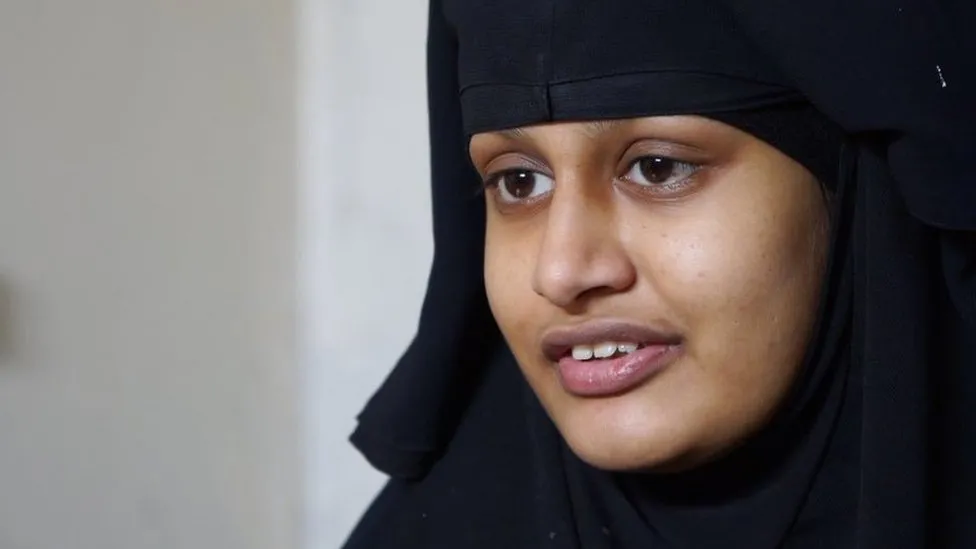What is citizenship?
Citizenship is a legal status.
If someone is a UK citizen they have the legal right to live in the country, and to have access to services such as welfare, education and healthcare. They can also vote.
- Citizenship is also an identity, and often forms part of a person’s sense of self and belonging.
- Some people who are not citizens have the right to live in the UK permanently with many of the same rights.
- They are said to have “settled status” or “leave to remain”.
How can citizenship be removed?
The government has the power to remove someone’s UK citizenship in certain circumstances:
- It is “for the public good” and would not make them stateless
- The person obtained citizenship through fraud
- Their actions could harm UK interests and they could claim citizenship elsewhere
